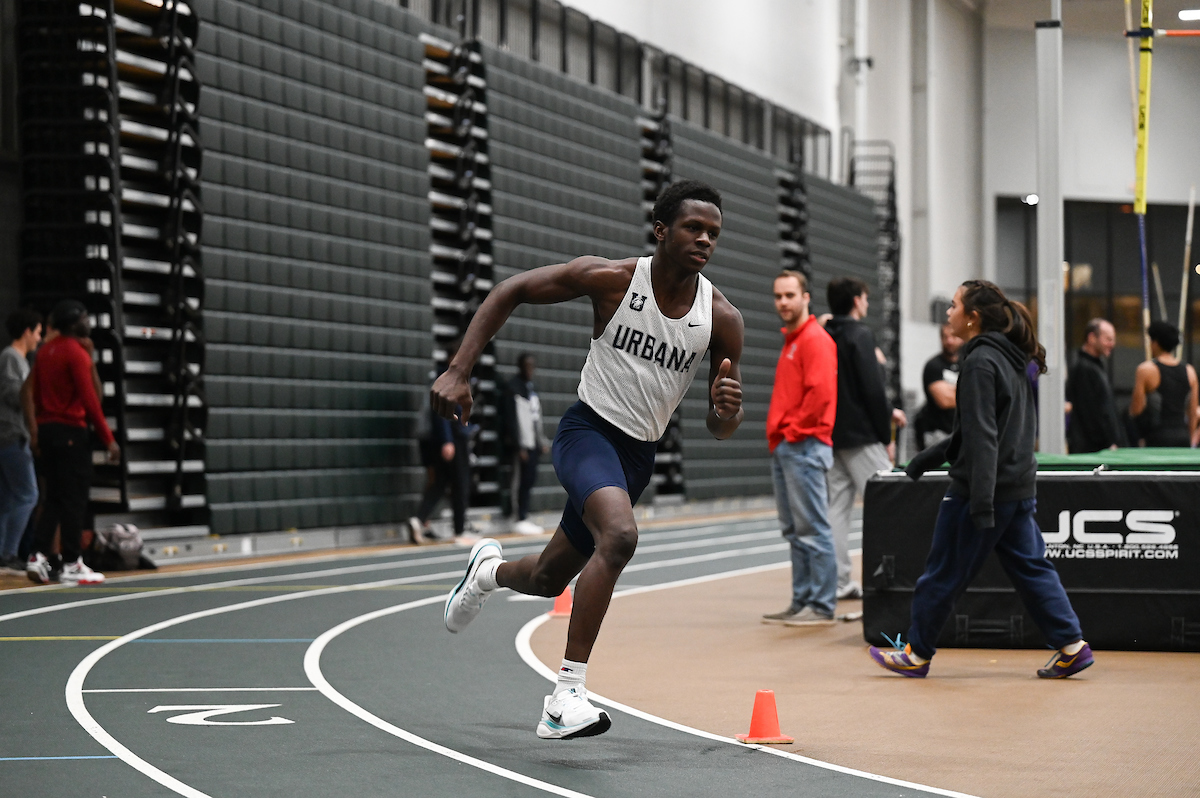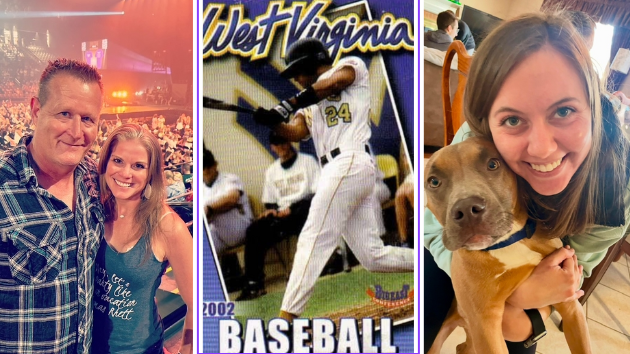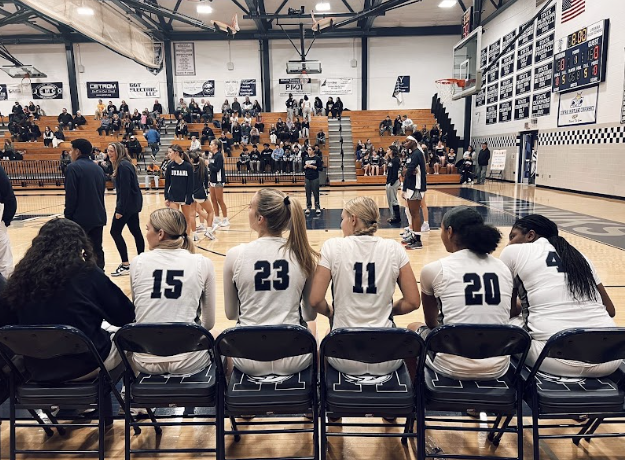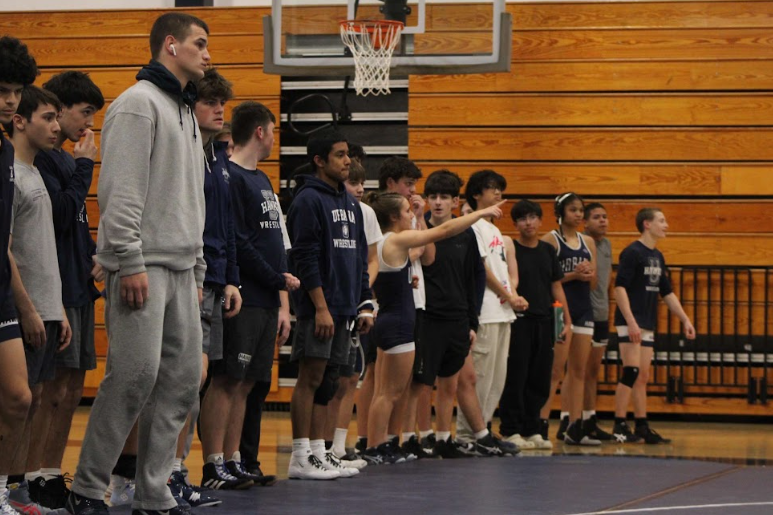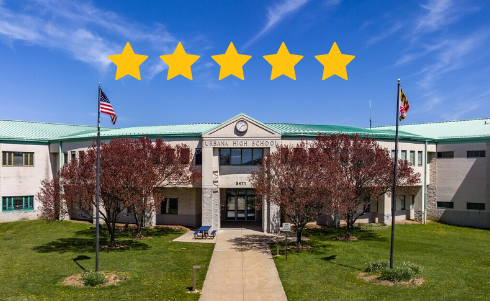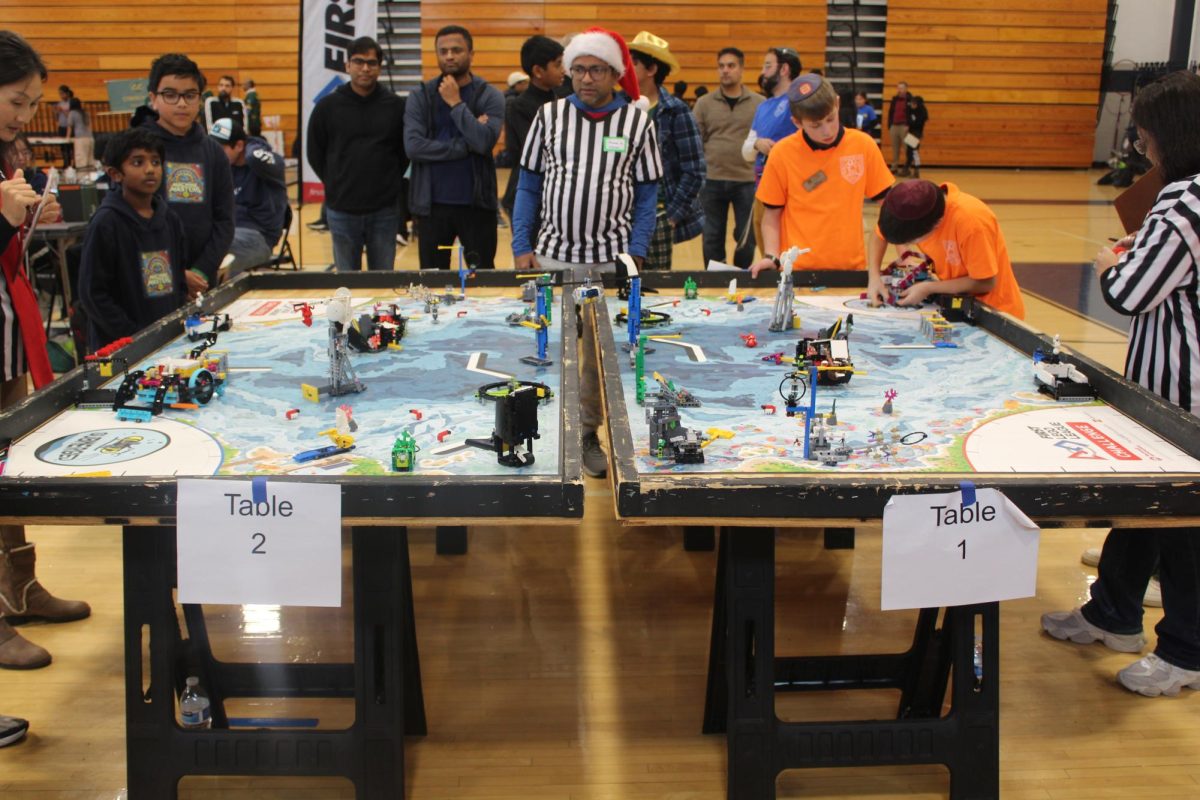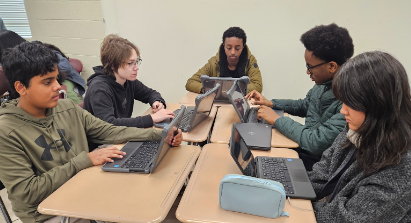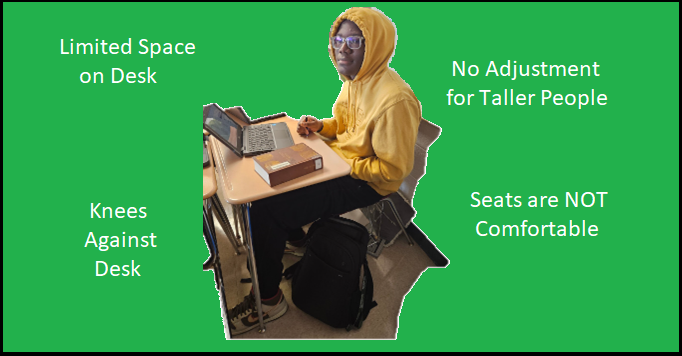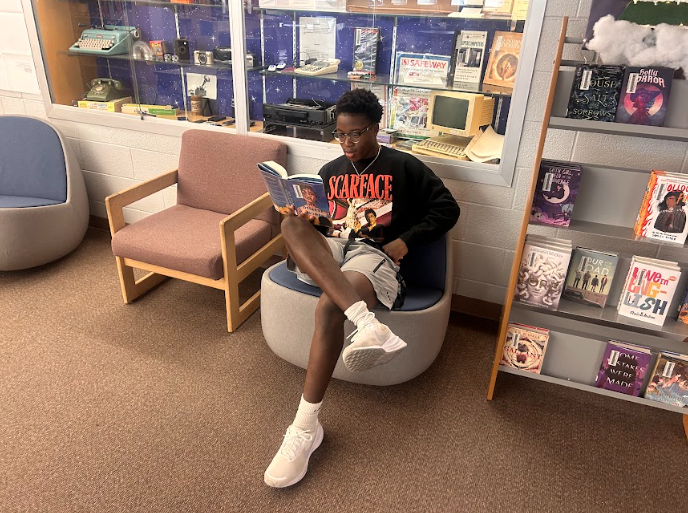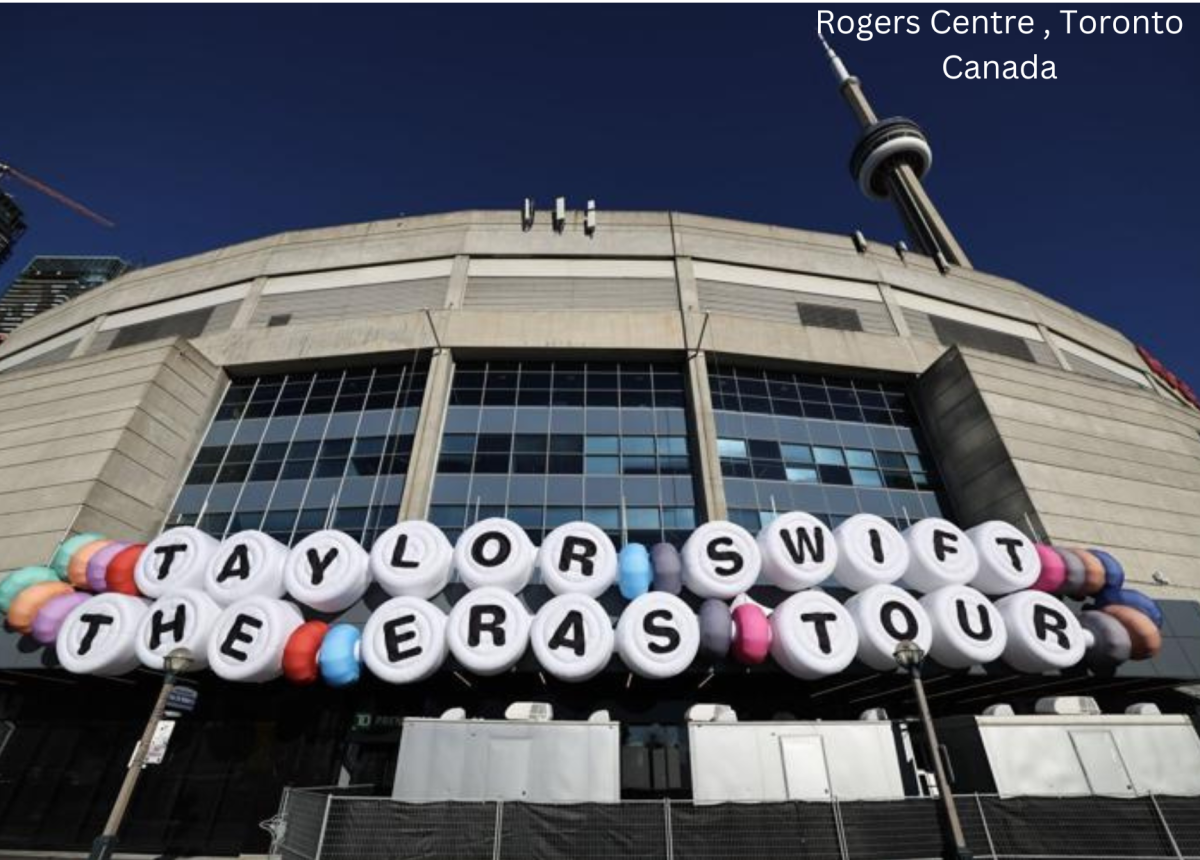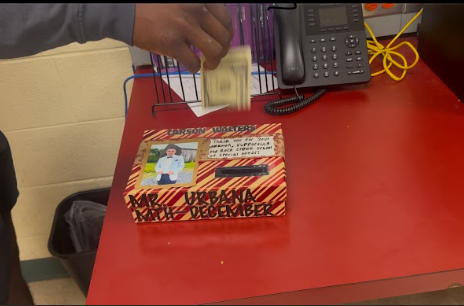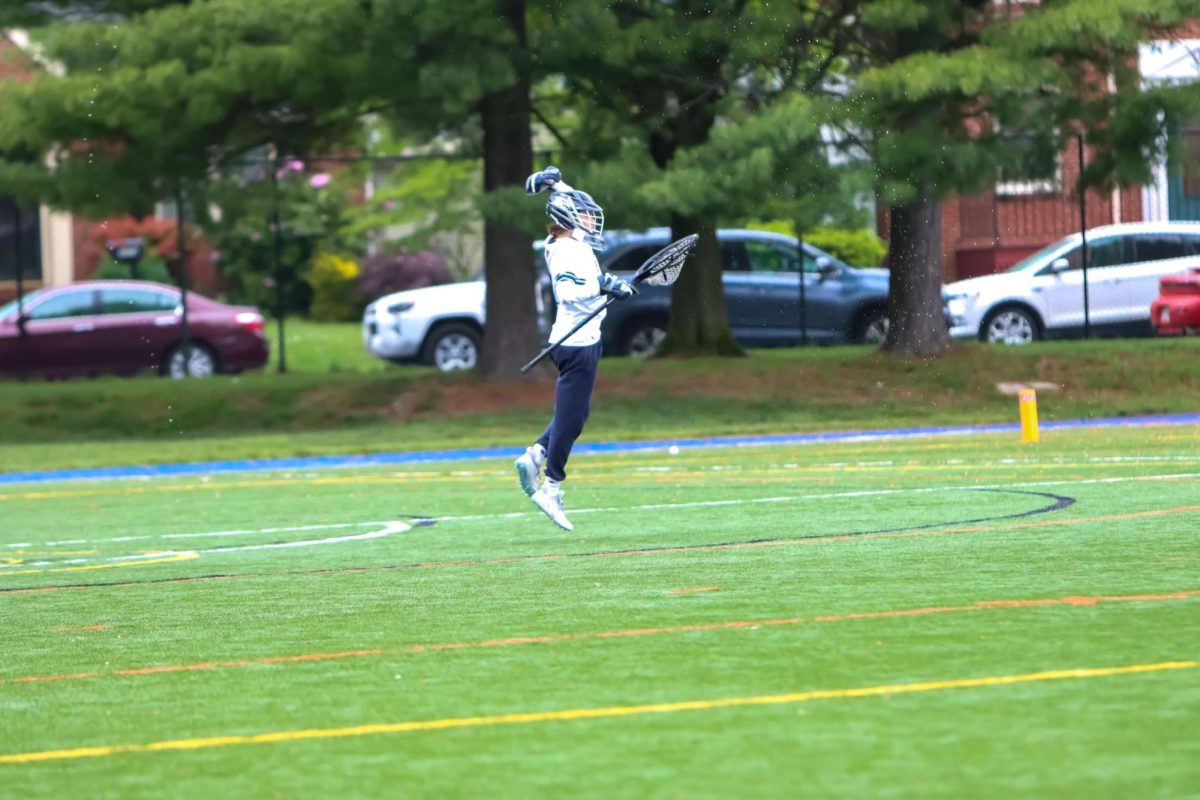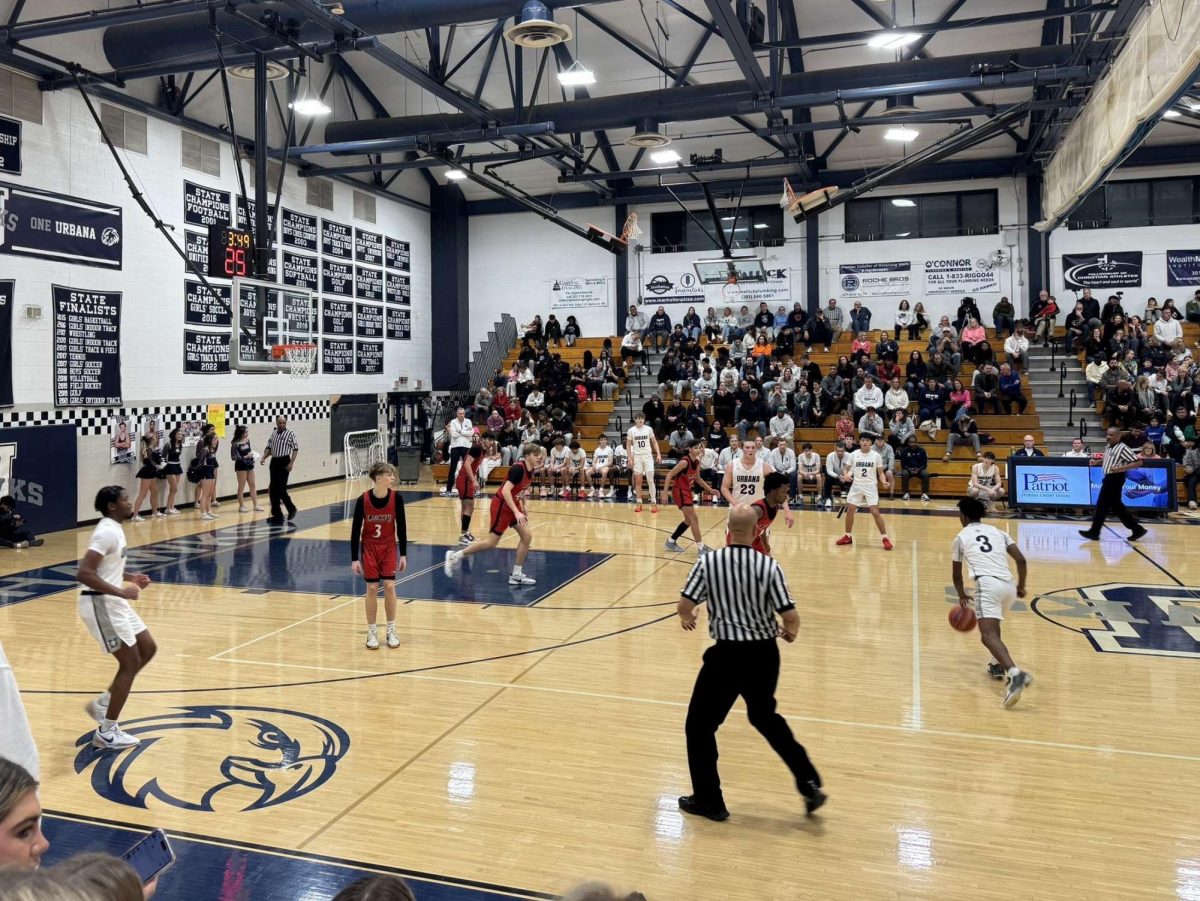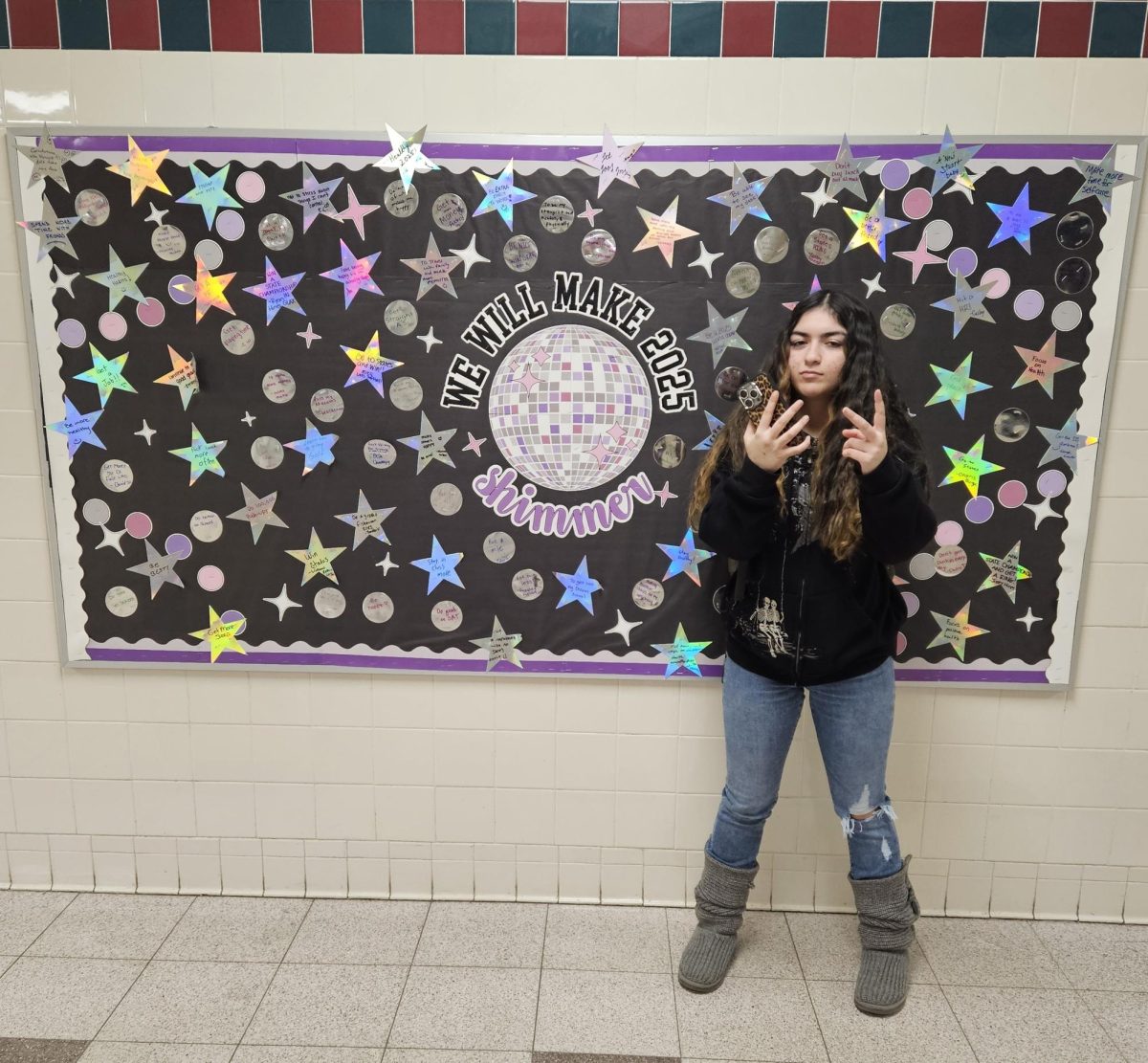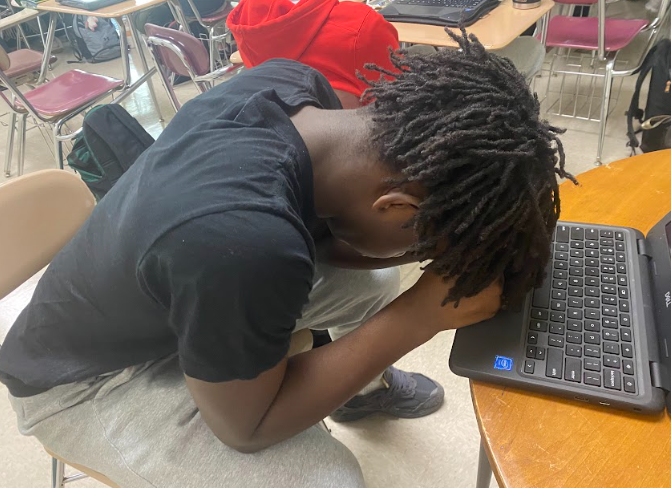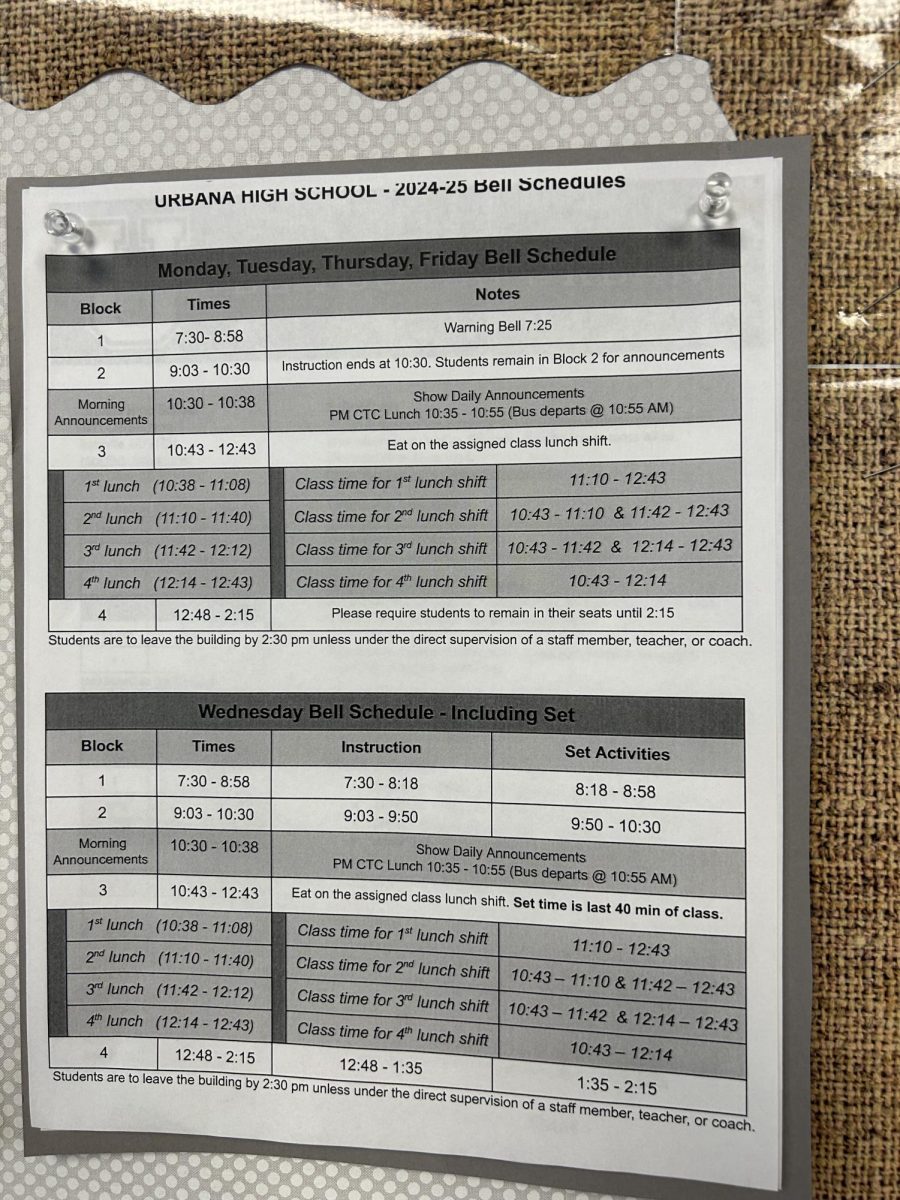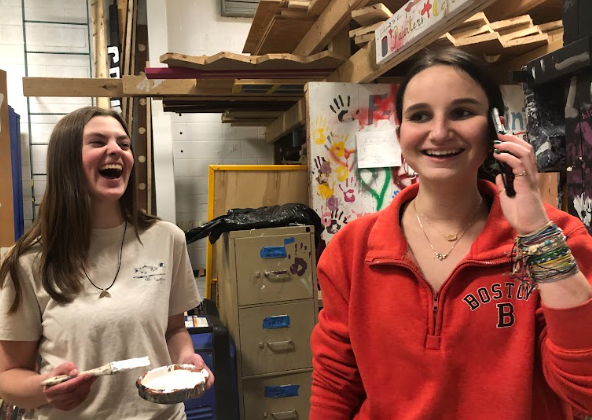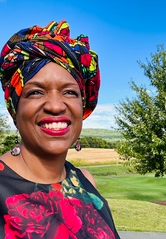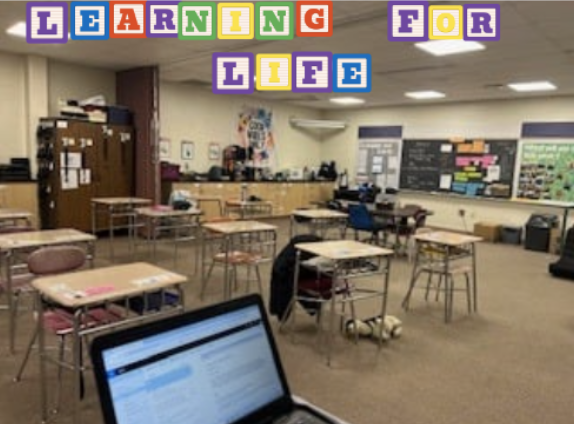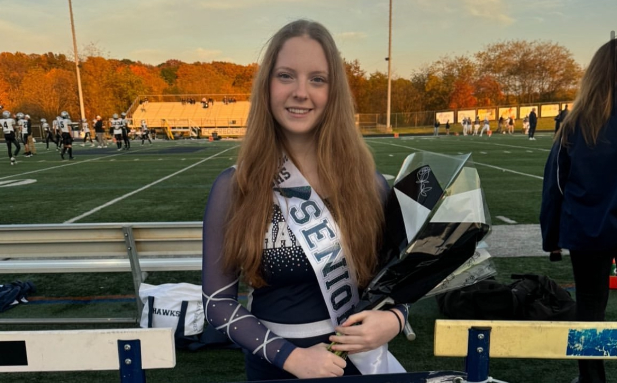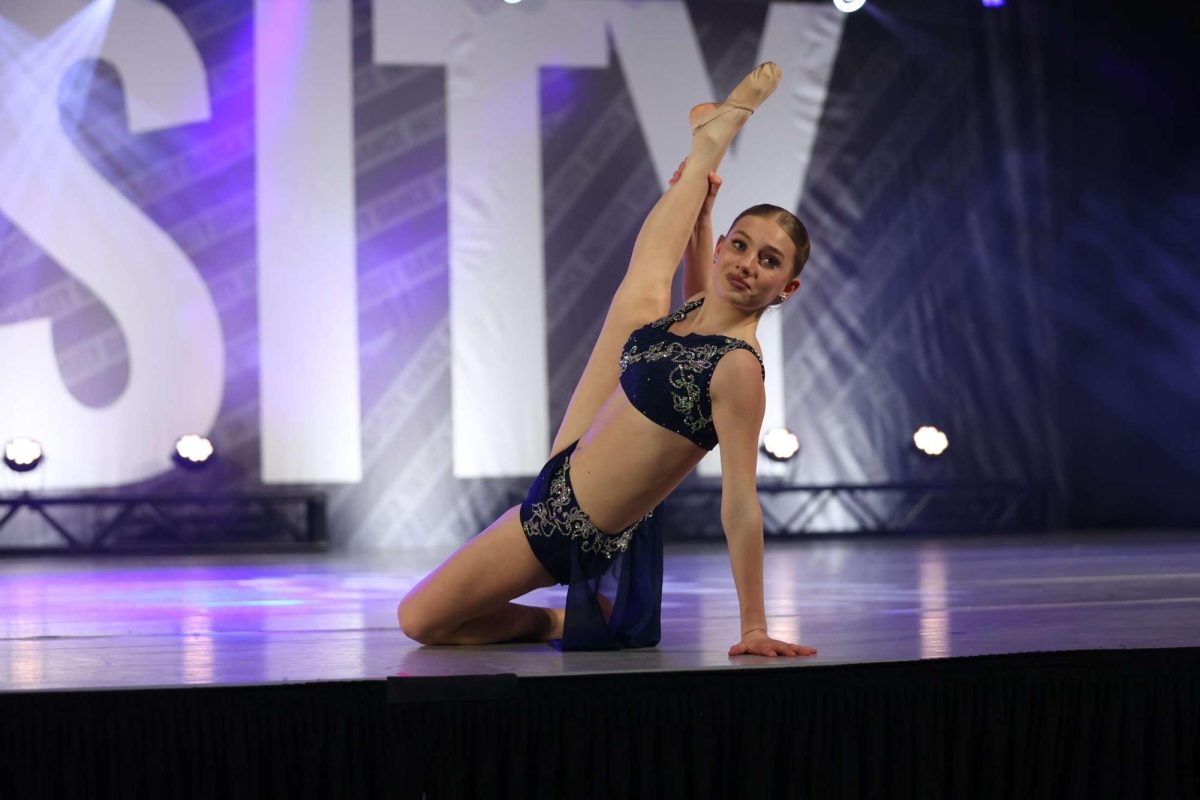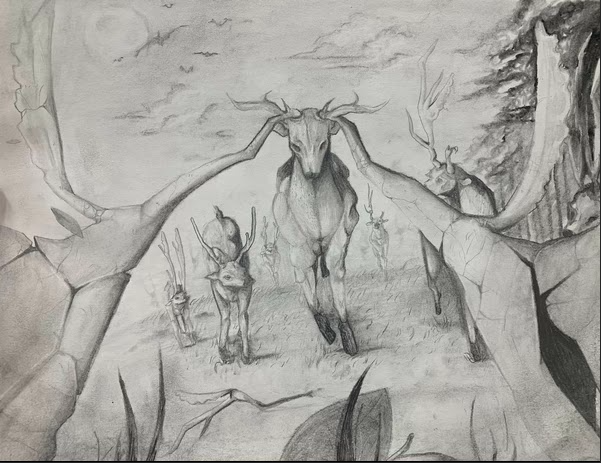Walking into class for the first time: your palms are sweaty, your eyes scatter across the room, you look for the best seat, you look for who is in your class; then you have to worry about what you do in the class, is it a chill class? or did you just sign up for 20 weeks of torture? But you don’t need to go through that feeling, not if you take the right classes. Here are ten underappreciated classes you should look into for next year:
Journalism & Publications
“If you are interested in going out there, getting involved, seeking information, and seeing your work in print, these are the classes for you.”
Journalism and Publications are two different classes, both taught by Mrs. Johnson. In Journalism, you are writing for the UHS newspaper, and getting a real sense of what Journalism is all about. As Mrs. Johnson said, “It gives students an opportunity to publish their work for the first time,” and that “they can choose from a wide variety of things [to report on.]”
As somebody who has taken the class, I want to vouch for it. I think it is a really healthy class that gets you to get involved in different things that you may not have otherwise, it gives you new writing experience and is a good bit of fun.
In Publications, you are working on the Yearbook. You will see your work directly in the yearbook, something nearly every student seeks out. There are many different things you do in Publications class: You get pictures, you create layouts for the yearbook, and you also get to see your work published at the end of the year. It is a more relaxed class, yet it still gives you a good opportunity to get involved with things across the school.
“But both classes are really about the interview process, outside the classroom, and getting information from the source,” says Mrs. Johnson. In both classes you get to have fun, exploring the different quirks and events of UHS, you really see the personality of Urbana in these classes.
And you get a cool badge.
Mrs Johnson’s other recommendations: Pop Music Study, Film Study, and Creative Writing.
AP Studio Art
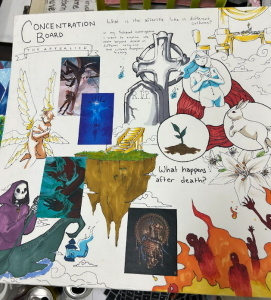
“By the time that you finish this class you will have a professional start to your portfolio.”
Taught by Mrs. Willet, this class is the epitome of passion. If you are serious about art then you should seriously give AP Studio Art a try. This is definitely a class for a more niche audience though, because, as Mrs. Willet says, “I think this class is for people that are serious about art, and plan to go into an art major.” This is a year-long course, always taught by Mrs. Willet, who is a wonderful and passionate teacher, and it always runs during the fourth period.
This is a class that I haven’t taken so I sat down with somebody who has, Junior Chris Oh, who says “If you really really love art, this class wouldn’t be so difficult or hard but instead more fun and professional.” Chris described the average day in AP Studio Art by saying, “There’s just a wide variety of different materials when we walk in,” and “you pretty much just get right into working typically, unless we have a few instructions for a new project.” He also said that there was much more freedom in this class than in any other art class or AP class that he has taken.
You do need to take two beginner courses (level one), and an advanced course (level two), before being able to sign up for this class, but if you do have that done then taking this class can massively develop your art, and help you create a starting portfolio. As Mrs. Willet said, “If you are building a portfolio for college applications, especially if you are applying to design or art school, I think AP [Studio Art] is a must.” Not only that but, by completing this class and passing your AP digital portfolio, you will get rewarded with THREE college art credits, which can help you out tremendously in college and can save you money for college. And if you are a Freshman or a Sophomore who is unable to take AP Studio Art next year, since you don’t meet the prerequisites, you can always take a class over the summer to help meet the requirements, or you can hit those requirements next year and look forward to taking the class two years from now.
If you love art, this class would be your calling. It is filled with determined students who strive to be better, which creates a community that Mrs. Willet has praised for its willingness to help, and support, one another. One of the most unique parts of this class is the feedback that you get on your art, there will be entire days devoted to community critiques and praises, where people will be really honest about their classmates’ work and, in good spirits, give them ideas on how to improve their future work, something that student, Chris Oh, says helped him greatly.
The way that this class functions is also unique to any other art class in another way because you pick a subject that you stick with on all of your projects throughout the entire year. The first project is called the concentration board, and that is where you spend time thinking about what subject you want to bring to life, and then on a board, you make illustrations and demonstrations of the subject. That project is what Mrs. Willet remarked as her favorite.
During all of the base-level art classes, you have these large restrictions where you have to do a project with a certain type of medium, or a very precise focus on every project. But in AP Studio Art, you are given new found freedom, which allows you to use any medium, and have a widened focus on any given project. Also, a part of that freedom is that you can work on an absolutely limitless assortment of subjects, and it is a college class so your work doesn’t have to fit into a box of “school-appropriate.” This allows for students to use their creativity and connect their art deeply to their emotions in a much larger aspect. Overall in this class, there is nothing (artwise) that you can’t do.
As Chris recommends, anyone “who likes art and thinks that they want to take it more seriously, or feels like they haven’t been challenged enough in the past,” should definitely check out this class.
Mrs. Willet’s other suggestion: Dual Enrollment Drawing & Foundations of Studio Art
Creative Writing
“If you enjoy writing but don’t enjoy the constraints from curriculums, you should look into Creative Writing.”
Taught by Mrs. Yinger, creative writing is a class all about exploring different aspects of literature, fiction, and nonfiction and having a lot of freedom in what you are writing. “It is an exploratory course of the various genres of literature that we can pull from and create our own writing about,” says teacher Mrs. Yinger, it is a class where you get to write about things “you wouldn’t normally write about in normal English courses.”
In the class, you typically write about different genres of fiction, but you also dabble in the world of nonfiction. You write pieces such as Gothics, Dialogues, Poems, Autobiographies, Script Writing, Narratives, Character Sketches, and more.
It is a laidback class that, for the most part, lets you work on your own schedule. And if you like writing, I can promise you that you will enjoy this class.
Mrs Yinger’s other suggestions: Journalism and Publication.
Law & Society
“A class where you learn a lot of real-life things and can also have fun doing mock trials and debates.”
Taught by Mrs. Suarez, in Law and Society you learn about the American Legal system, “kinda through the eyes of an Attorney.” In the class, you explore all the different avenues of law including: criminal law, civil law, constitutional law, and more.
This class is good for really anybody, but it is especially good for people looking to go into law in college, or anybody who wants to know more about our legal system. And in my personal opinion, as someone who isn’t even all that interested in law, I still find it super interesting. There is always something happening in the class, like people debating different laws, or talking about different cases, it is super engaging.
In the class you also participate in “mock trials,” which is Mrs. Suarez’s favorite activity, where you act out a court case in the class, with two sides, each trying to put together as good of an argument as possible to win the case. Not only are they a lot of fun, and also really helpful in understanding the process of a court case.
The work isn’t bad either. There isn’t a large influx of work or anything, and none of it is hard as long as you pay attention. You really control your destiny in this class, because you will perform well in this class as long as you put in the effort.
AP Human Geography
“Really good intro AP class that answers the ‘Why?’ of history.”
“The world has so many stories to tell through its physical geography, and how we as people interact with that,” says Mrs Suarez, the teacher of the course, “and how it shaped our beliefs and customs, the way we interact with each other.”
Mrs. Suarez labeled Human Geography as the “science behind history,” because you are really able to look at points in our history and dissect patterns from there, and then you can use those patterns to predict the outcome of certain events and situations.
This is another AP class, which can help get you college credit, and simultaneously save you money if you decide to go off to college. It isn’t a super strenuous class, and the work that goes with it doesn’t seem at all bad since it is such an intriguing class. I mean when you find a class that genuinely interests you, the work never seems so bad.
Mrs. Suarez says that this is her favorite class to teach, and she mentioned how she always notices engagement from her students because of how much the subject piques their interest.
AP Human Geography goes into so many different topics such as population patterns, political patterns, cultural patterns, industrial patterns, agricultural patterns, and urban patterns. By taking this class you will become more familiar with and aware of the world around you, so check it out.
Mrs. Suarez’s other suggestions: Sociology, World War II, and Black and African American Studies.
Philosophy of Knowledge
“Do you want to lift weights for your brain? Do you like to be in control of what you’re learning? If so, take Philosophy of Knowledge.”
Taught by Mr. Absher, Philosophy of Knowledge was one of the strangest classes that I have taken. As Mr. Absher said, “It’s just a hard one to summarize.” But I think it was strange in a good way though. It was a class that really pushed you out of your comfort zone. “It’s a class unlike any other class I’ve ever taught,” said Mr Absher, “where we ask questions to answers we don’t have.”
In Philosophy of Knowledge, you learn about the history of philosophy and the many different philosophers in history. You start understanding why these people, like Plato, are some of the most important people in our history. We look through all different types of philosophy, and we look at many different implications of them.
You do fun activities, like Postmodernism Batman, where “students read and watch small clips of Batman” says Absher, “and we use Postmodern Philosophy to dissect any deeper meaning that might be in Batman.” We also do other things like watching The Matrix, playing the board game Clue, and many more fun activities.
When I asked Mr. Absher about how much engagement he sees in class, he said, “In Philosophy of Knowledge I see probably the most engagement, because all the focus is put on the students, it’s not me telling them what they need to memorize, it’s me asking them what they know and going from there.”
Philosophy of Knowledge is the only class that I have ever taken, where I leave with more questions than answers because we are truly trying to answer unanswerable questions. And that’s what Philosophy is about, trying to find The Truth, within a world that seems to be full of deception.
AP Comparative Government & Politics
“Are you interested in the world as it is today? Take AP Comparative.”
Also taught by Mr. Absher and now Mr. Nabors, in this class “we are looking at the world as it currently is, and we are looking at different forms of governments,” says Mr. Absher. You look at six different countries, the United Kingdom, Russia, Mexico, Nigeria, China, and Iran and by comparing and dissecting their politics you get a good sense of the differences in their societies, and allows you to understand what type of policies would work for a certain group of people, and why.
It is a kind of science course in the same way that it is a government course. You go through and examine the political structure of the six countries, and look through their history of policy making, and by doing that you can draw a lot of conclusions. You can understand their economic situation, policies, and the divisions in their countries much better by doing so.
Although it is an AP class as well, meaning it is a college-level class, don’t be dissuaded, because it really isn’t too strenuous of a class by any means.
The contents of the class include a lot of note-taking and memorization, but it also includes some fun things like Mr. Absher’s favorite activity, a board game called, “Secret [*dictator*].” Although the class does entail a lot of note-taking, it is a wildly interactive class, everybody in the class is interested in politics and history and wants to be a part of the conversation.
It is genuinely one of the most fascinating courses I have ever taken, and trust me if you are AT ALL interested in politics, government, or political science, take this class.
Mr Absher’s other suggestions: Anything in the Social Studies department.
AP literature & composition
“Come in, have a great time, jump into worlds you’d never thought you’d explore, improve your writing, make new friends.”
Taught by Mrs. Svincek, AP literature is personally my favorite class I have taken throughout high school. Not only is it just a fun and engaging subject, with a good curriculum, but it’s really just a special environment that gets created in an AP lit classroom.
Mrs. Svincek explains AP literature as a “fantastic course for students who enjoy fiction–or maybe they haven’t enjoyed fiction, and it’s a great opportunity for them to reinvest in it and get excited about it again.” In AP lit you read *awesome* short stories from amazing storytellers, like Amy Tan or Stephen King or even the likes of David Foster Wallace, short stories that are incredibly deep and well put. You read Novels (excellent novels) together as a class, and some that you choose on your own. You read and analyze poems. “But it’s really an opportunity for kids to love fiction again.”
Although by that description you might categorize AP literature as any normal English class, it feels different, for example, there were moments in AP lit when it felt more like a book club with a bunch of your friends than it did an English class. One of the most important skills that we as humans pick up is collaboration, and that is a big part of AP lit, every time that we would read a piece of literature, we would have a big discussion where everybody would pitch in, and we would work off of each other and dissect a deeper meaning from that passage. And that is something that feels really good, finding the irony in a piece, or finding a hidden extended metaphor, stuff like that is exciting really.
I think that Mrs. Svincek really does a great job of putting together this course in a way that shows off the magnitude of literature. Like how we do cool projects in the class, we play fun games, we even write our own pieces at points. One of my favorite memories of High School will always be in this class when I and my group brought the class down to the trail by the creek and performed a reenactment of a short story An Occurrence at Owl Creek Bridge by Ambrose Bierce. Things like that really help you learn and it makes what you’re learning really magic.
There really is something magic about AP lit, and I could not recommend a class more than I do with AP lit. Even if you think that you “aren’t smart enough” to take AP lit, or you think that “fiction is boring,” you should still give it a try. What’s the worst that can happen?
Film Study
“Hop in an Airplane. Dive underground. Sing in the Rain. Get vertigo. That’s Film Study.”
Taught by Mrs. Svincek and Mr. Hayes, Film Study isn’t just watching movies (although that is a big part of it). In Film Study you learn the enchantment of film. Mrs. Svincek explains how “every unit is a focus on something, whether it is: sound technology, composition like camera angle and camera movements, the history of film, acting. Everything is based on our learning objectives, and we have a great amount of fun doing it.”
Film study is an elective class, but it is still super engaging, with most students raising their hands, and participating in class. Mrs. Svincek makes sure that there is still plenty of collaboration and discussion, saying, “When we go into the theater and we watch a super awesome movie when we walk out, we don’t stop thinking about it, we talk about, and we talk about what was great about it or what sucked. And that’s film study.”
Film Study is a fun class, as it is supposed to be, but it is also a class where you learn something, and that’s important.
Mrs. Svincek’s other suggestions: Forensics Science, AP Studio Art, and Sports Medicine
There are so many ways to go about creating your schedule next year but if any of these classes have piqued your interest, you should definitely check them out. There is something for everybody in all of these classes, whether it be interviewing students across the building, creating a new world through your art or your writing, participating in mock trials, learning about important real world information, or whatever else there is, there is so much fun awaiting you in these classes.

